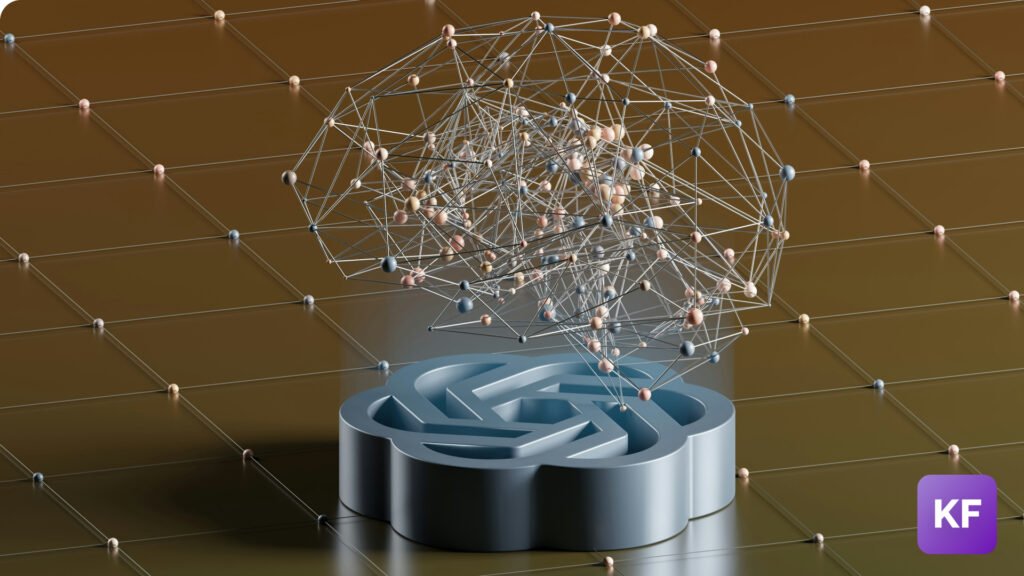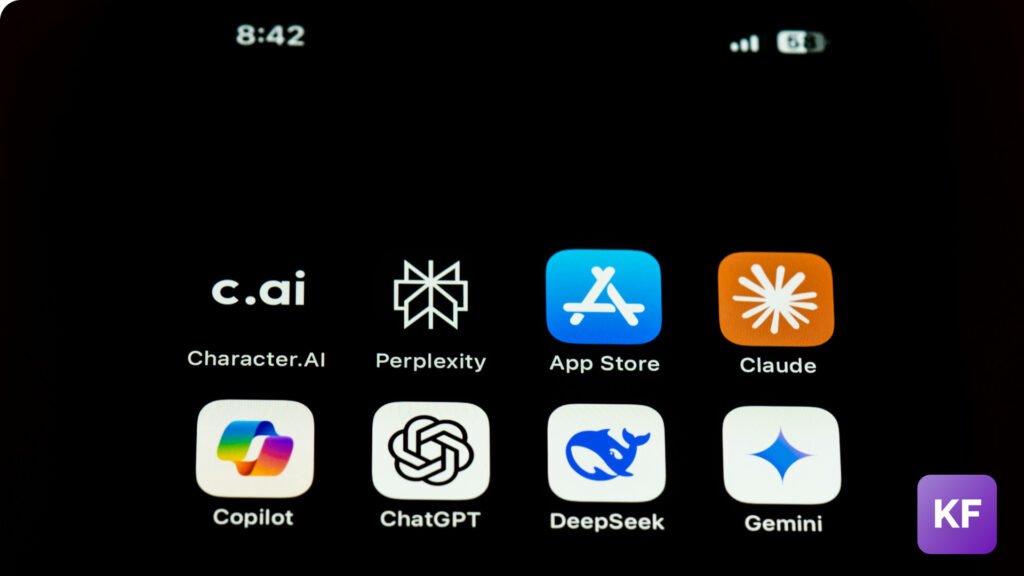
The buzz around Artificial Intelligence (AI) continues to grow, permeating various industries and sparking both excitement and apprehension. One area where AI is making significant strides is in code generation. Tools capable of writing code with minimal human input are becoming increasingly sophisticated, leading many to wonder: will AI replace web developers?
This question isn’t just a futuristic thought experiment; it’s a real concern for many in the field. Let’s delve into the current state of AI code generation, its potential impact on web development, and whether developers should be preparing for a career change or a powerful new partnership.
The Rise of AI Code Generation:
AI-powered tools like GitHub Copilot, Tabnine, and even more advanced models are capable of suggesting code snippets, completing lines of code, and even generating entire functions based on prompts and existing code. These tools leverage machine learning algorithms trained on vast amounts of code, enabling them to identify patterns and predict what code is likely needed.
The benefits are clear:
- Increased Productivity: AI can automate repetitive tasks, allowing developers to focus on more complex problem-solving and creative aspects of their work.
- Faster Development Cycles: By accelerating the coding process, AI can contribute to quicker project completion times.
- Reduced Errors: AI can help identify potential errors and suggest fixes, improving code quality and reducing debugging time.
- Lower Barrier to Entry: Some argue that AI could lower the barrier to entry for aspiring developers, enabling individuals with less coding experience to build applications.
The Current Limitations:
While AI code generation is impressive, it’s crucial to acknowledge its current limitations:
- Lack of True Understanding: AI doesn’t truly understand the underlying logic and context of the code it generates. It relies on patterns and statistical probabilities.
- Difficulty with Complex Architecture: AI struggles with designing and implementing complex system architectures that require a deep understanding of business requirements and long-term maintainability.
- Need for Human Oversight: The code generated by AI often requires review and refinement by human developers to ensure it meets specific needs, is secure, and adheres to best practices.
- Ethical Considerations: Concerns exist around code ownership, potential biases in training data, and the impact on the developer community.
Will AI Replace Web Developers? The Verdict (For Now):
While AI will undoubtedly transform the web development landscape, it’s unlikely to completely replace human developers in the near future. Here’s why:
- Problem Solving and Creativity: Web development is not just about writing code; it’s about understanding client needs, solving complex problems, and creating innovative solutions. These are areas where human creativity and critical thinking remain essential.
- Contextual Understanding: Developers need to understand the business context, user needs, and long-term goals of a project. AI currently lacks this holistic understanding.
- Communication and Collaboration: Web development is a collaborative process that requires effective communication with clients, designers, and other developers. AI cannot replicate these human interactions.
- Adaptability and Learning: The web development landscape is constantly evolving, with new technologies and frameworks emerging regularly. Human developers are adaptable and can learn new skills, while AI’s learning is limited to its training data.
A Future of Collaboration:
Instead of viewing AI as a replacement, it’s more productive to see it as a powerful tool that can augment and enhance the capabilities of web developers. The future of web development is likely to involve a collaborative approach, where developers leverage AI to streamline their workflows, automate repetitive tasks, and focus on the more strategic and creative aspects of their work.
Preparing for the Future:
Web developers should embrace the rise of AI and focus on developing skills that complement these technologies. This includes:
- Strong Problem-Solving and Critical Thinking: These skills will be crucial for guiding and overseeing AI-generated code.
- Understanding of Complex Architectures: Developers will need to design and manage complex systems that AI might struggle with.
- Excellent Communication and Collaboration Skills: Human interaction will remain vital for project success.
- Continuous Learning: Staying up-to-date with the latest technologies, including AI tools, will be essential.
Conclusion:
AI is poised to revolutionize code generation, offering significant benefits to web developers in terms of productivity and efficiency. However, the complex nature of web development, requiring problem-solving, creativity, and contextual understanding, means that human developers are unlikely to be replaced entirely. The future lies in collaboration, where developers leverage AI as a powerful tool to build innovative and impactful web experiences. By embracing these changes and focusing on developing complementary skills, web developers can thrive in this evolving landscape.




